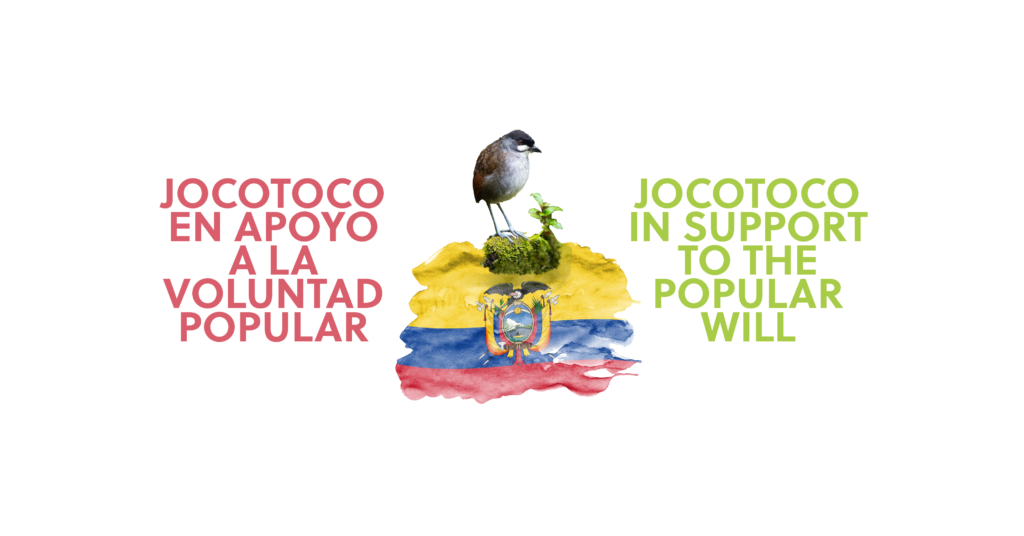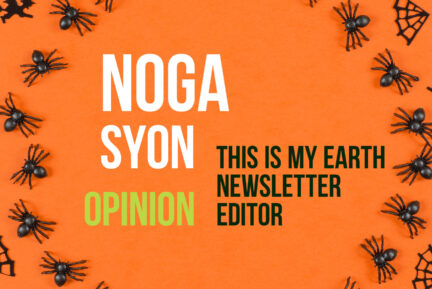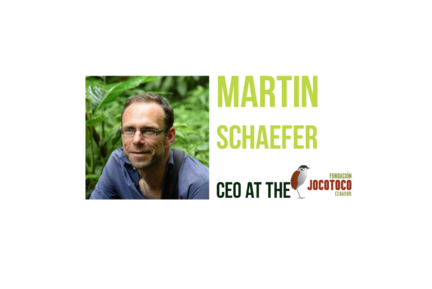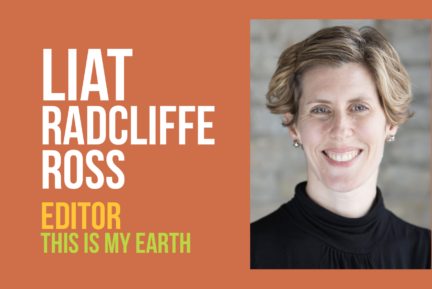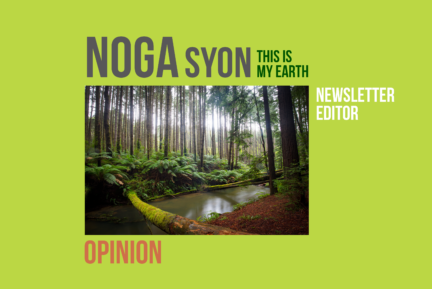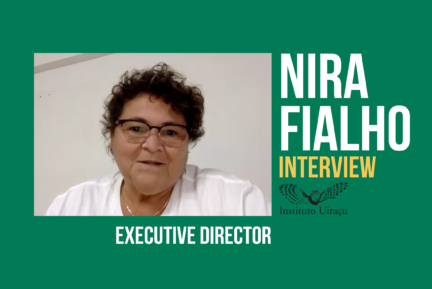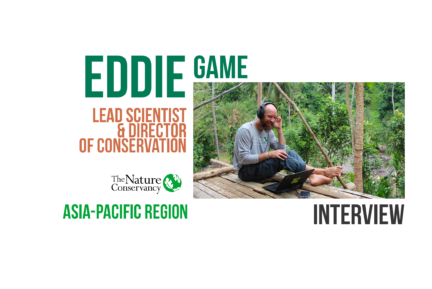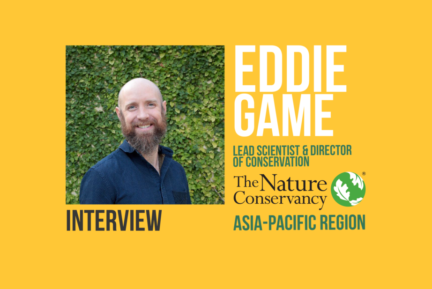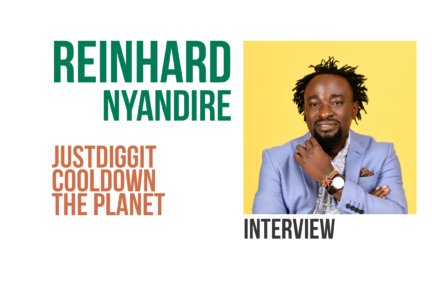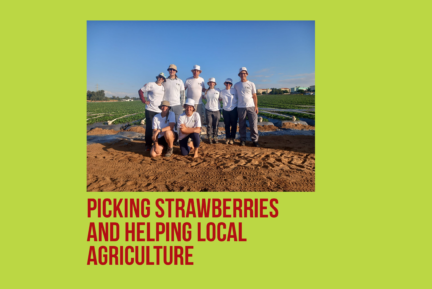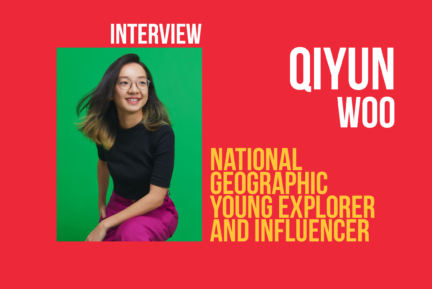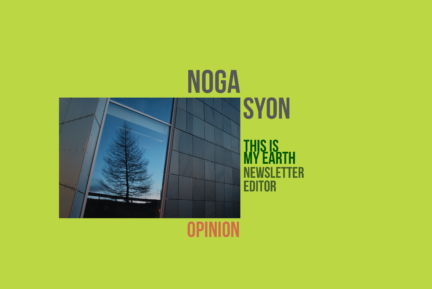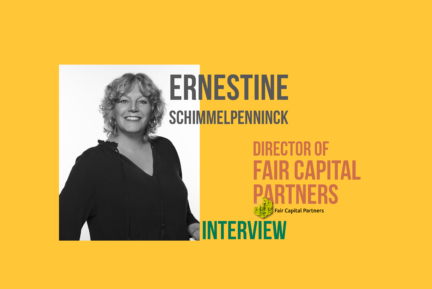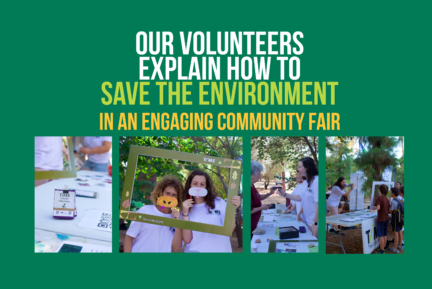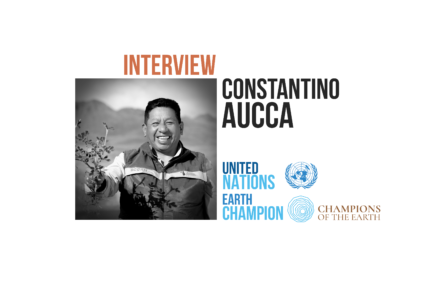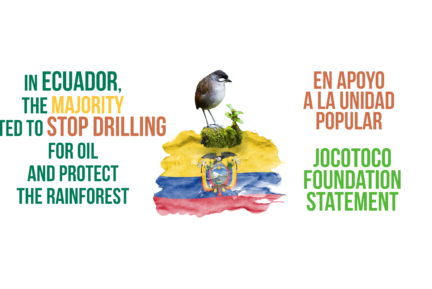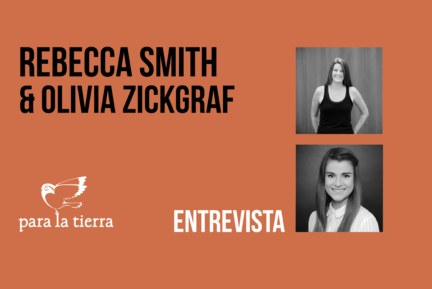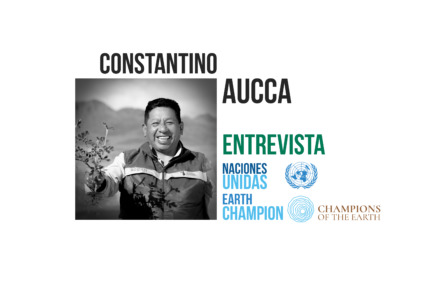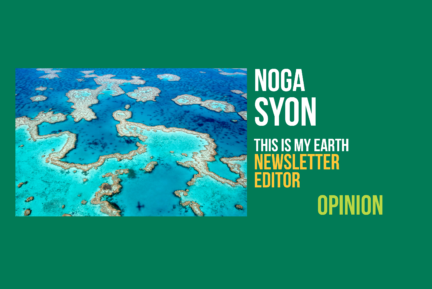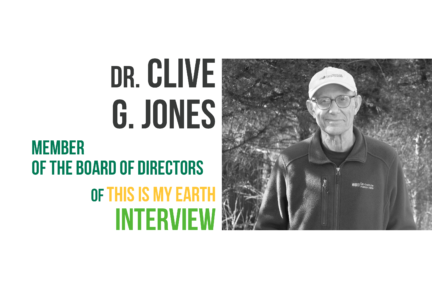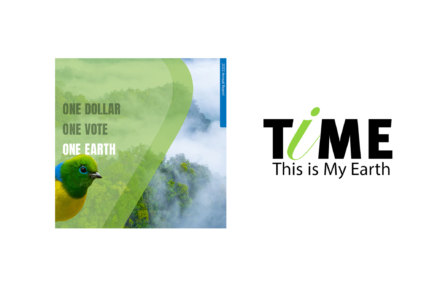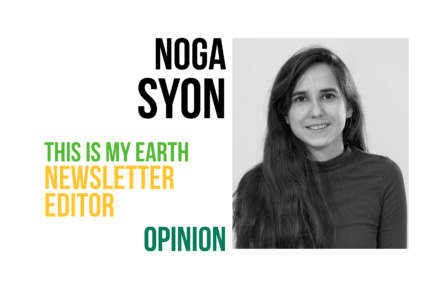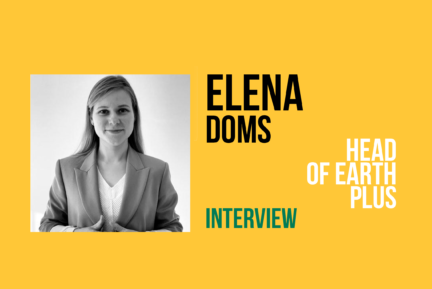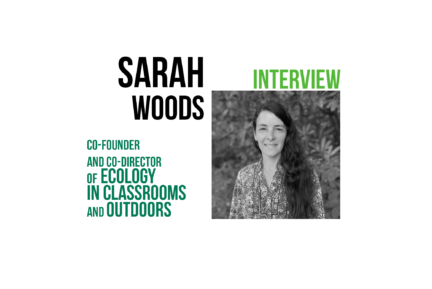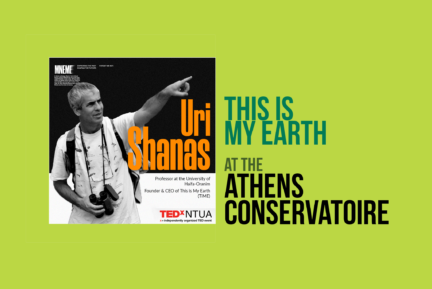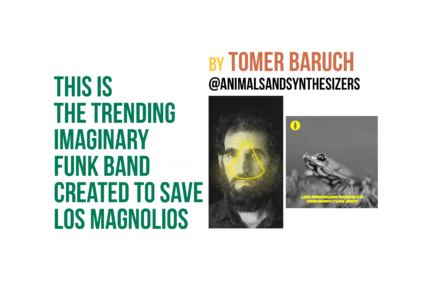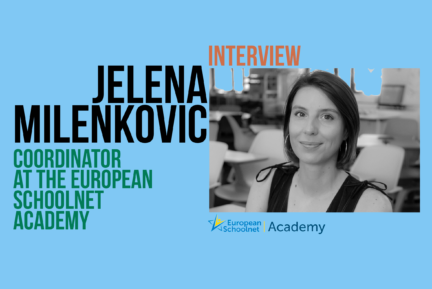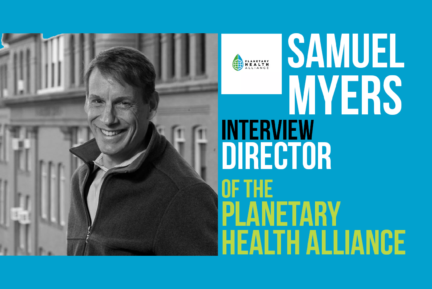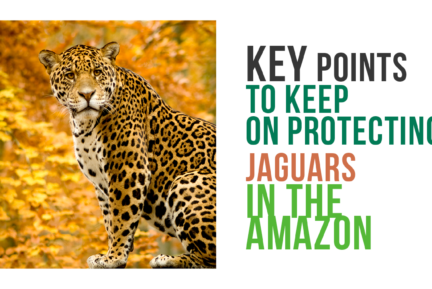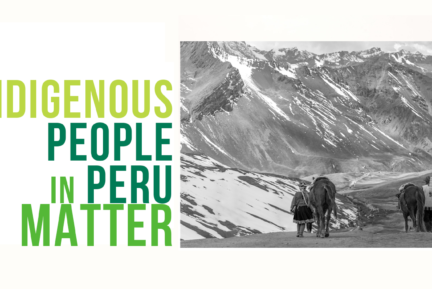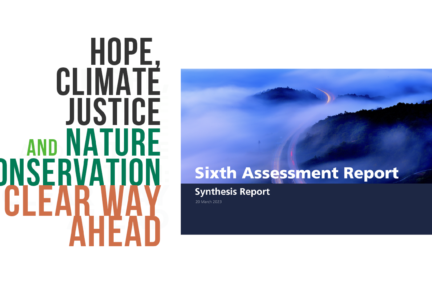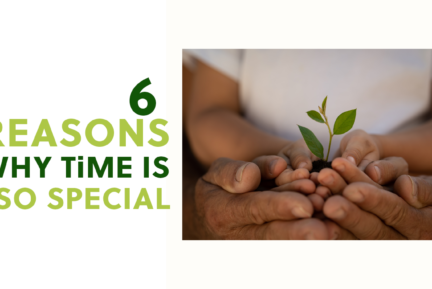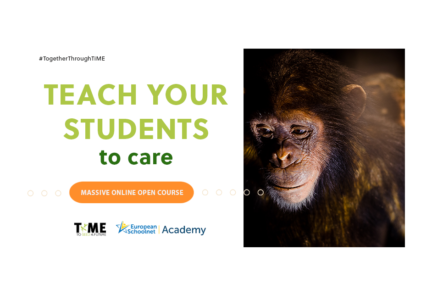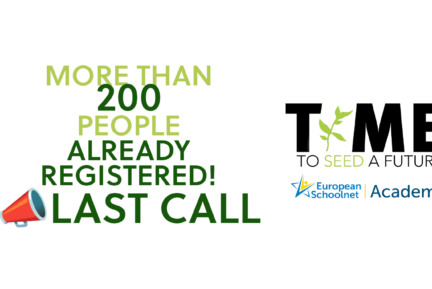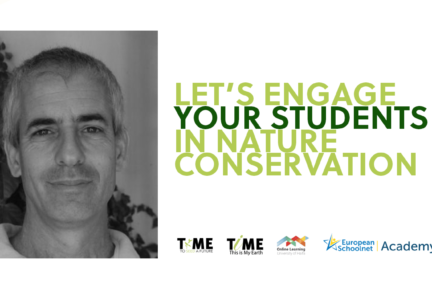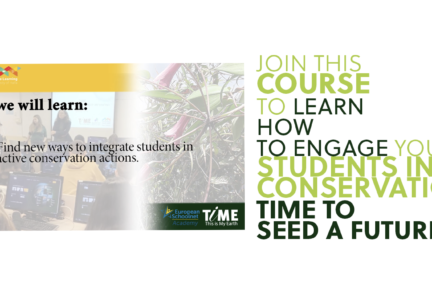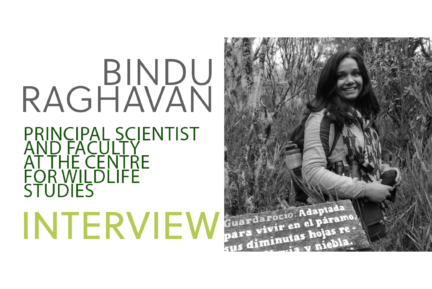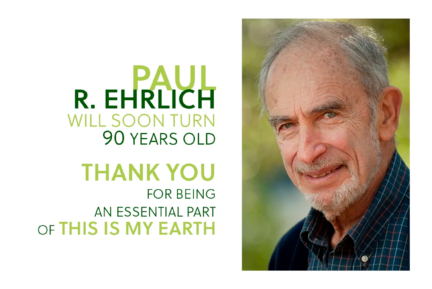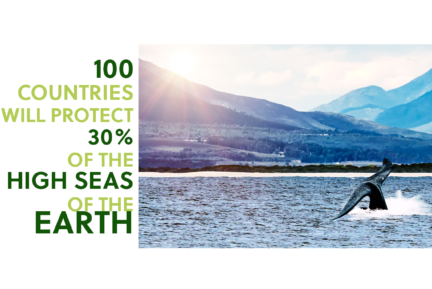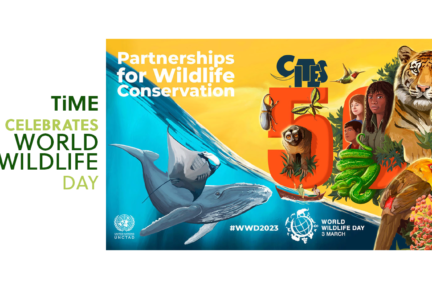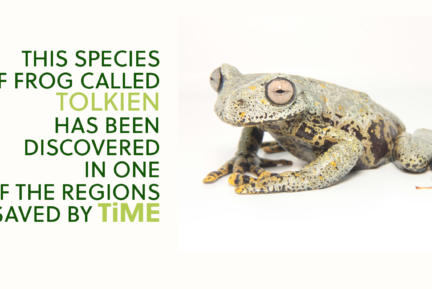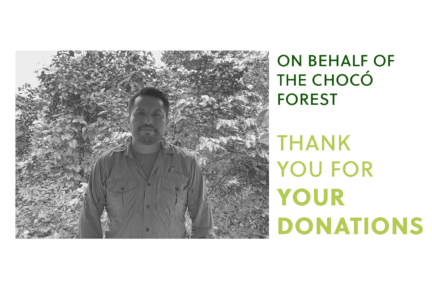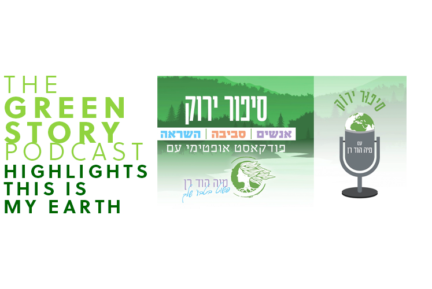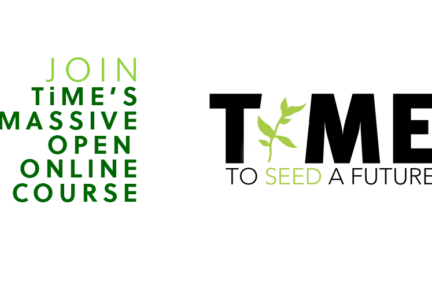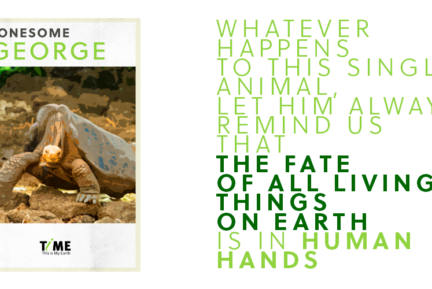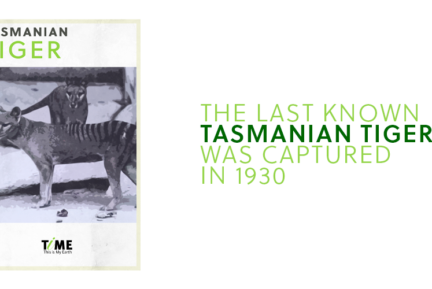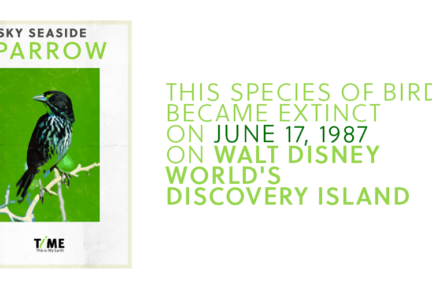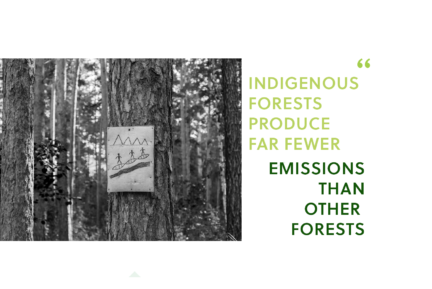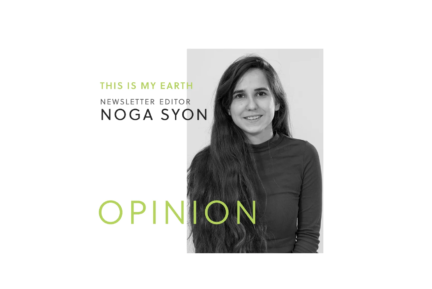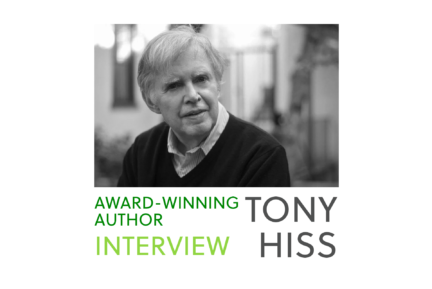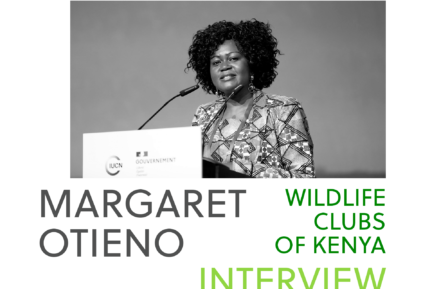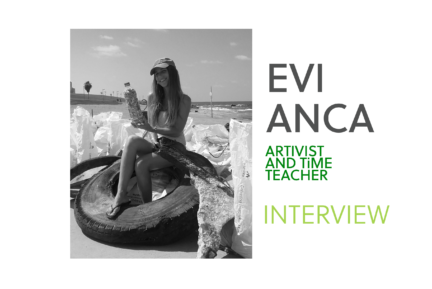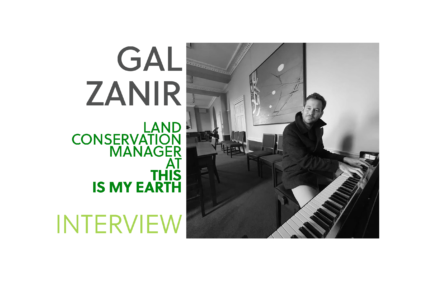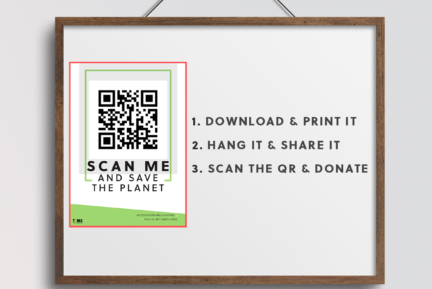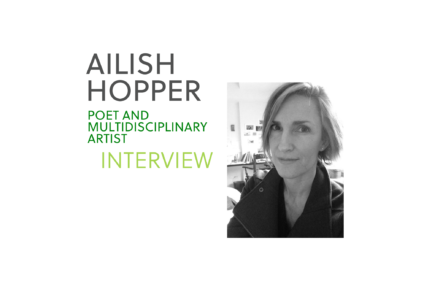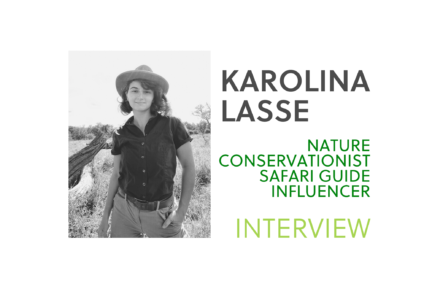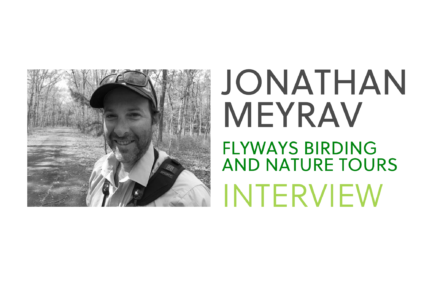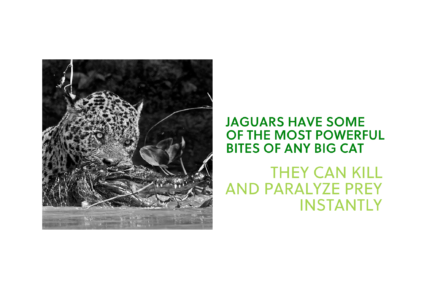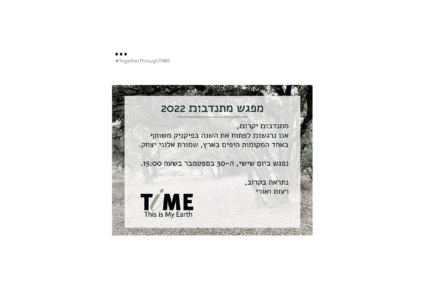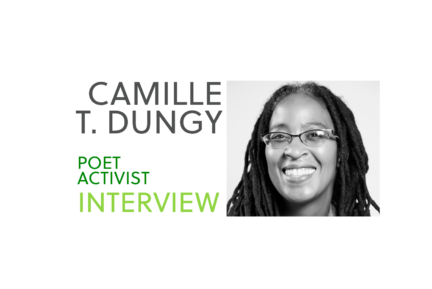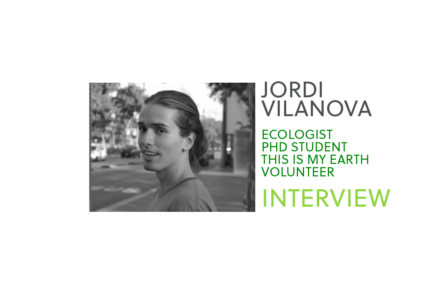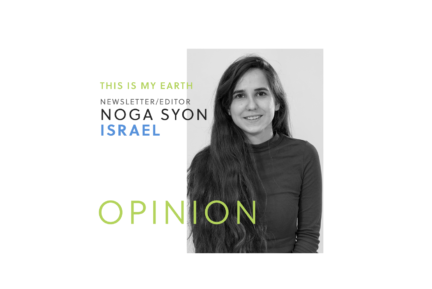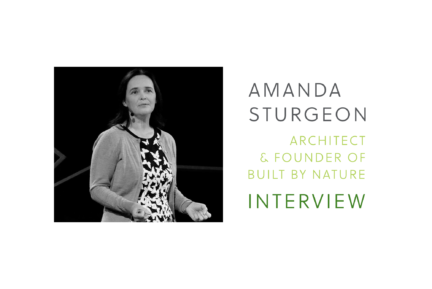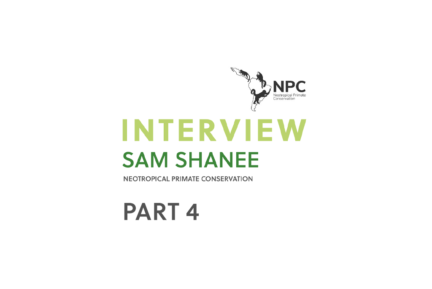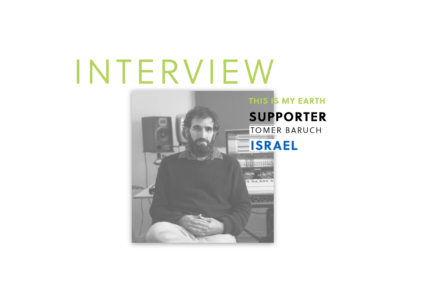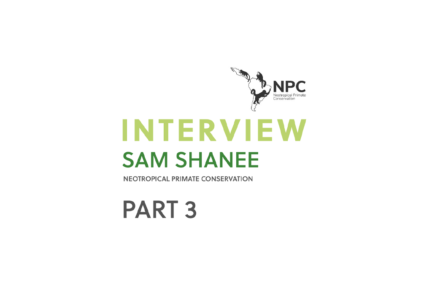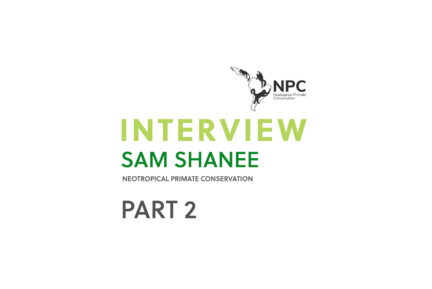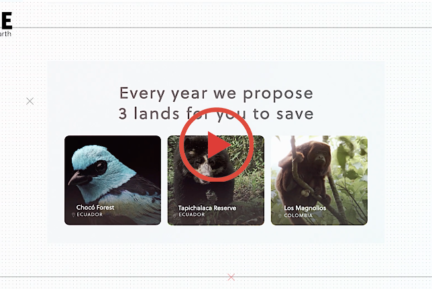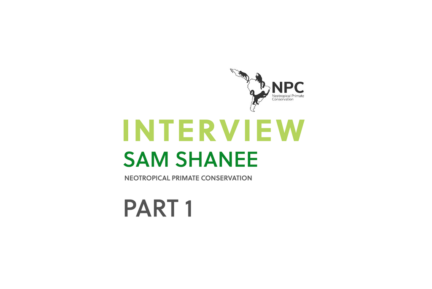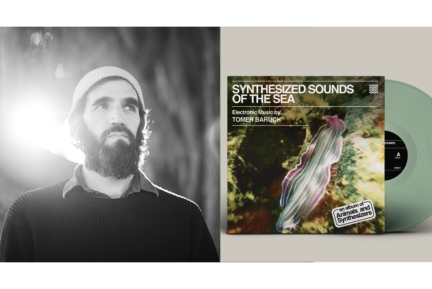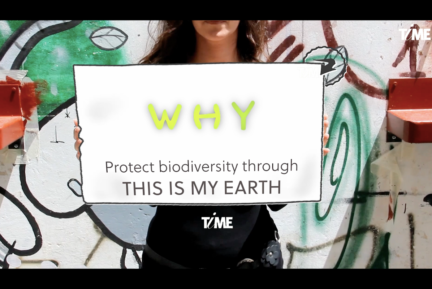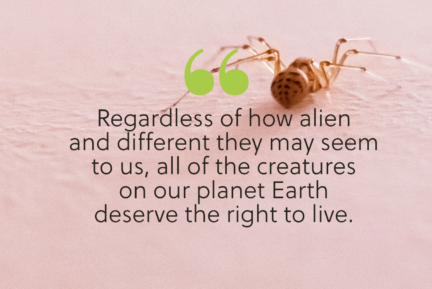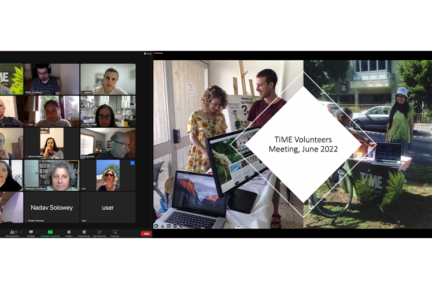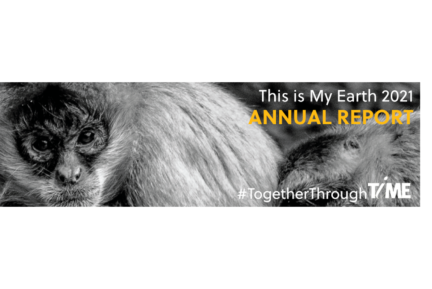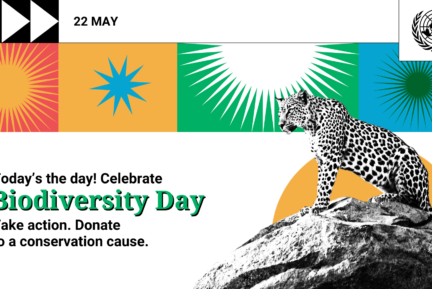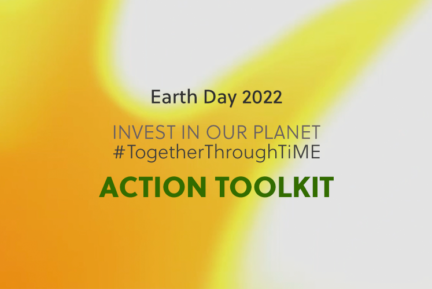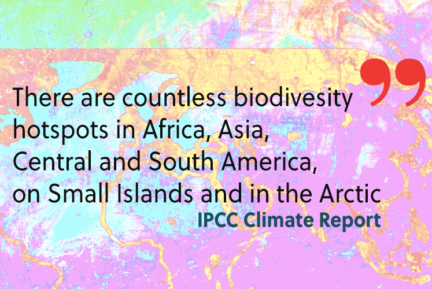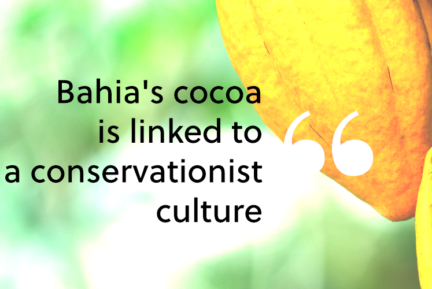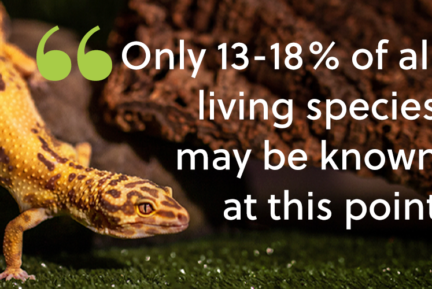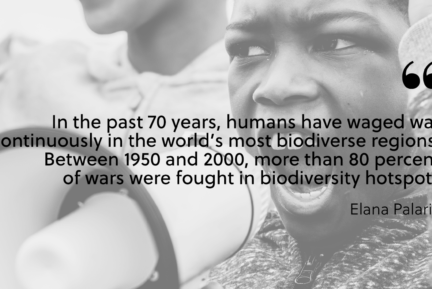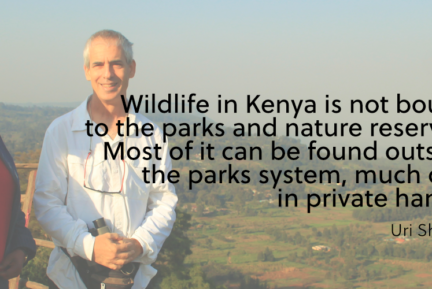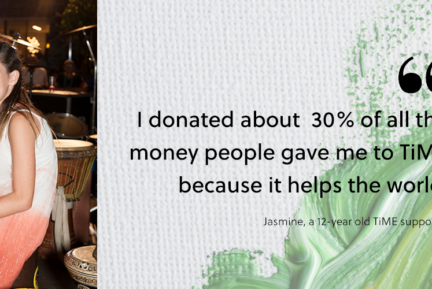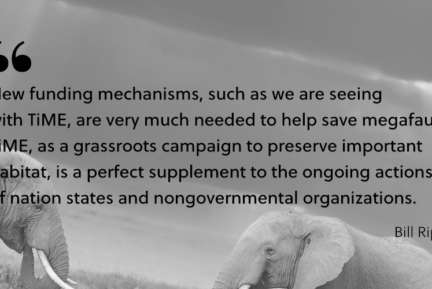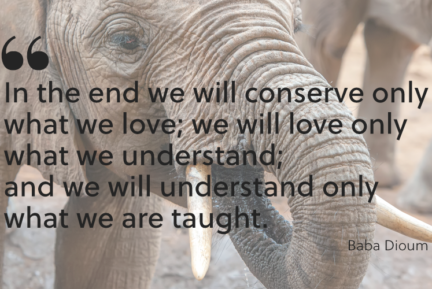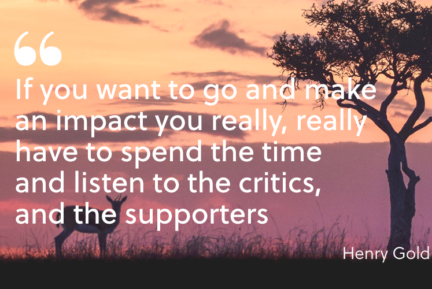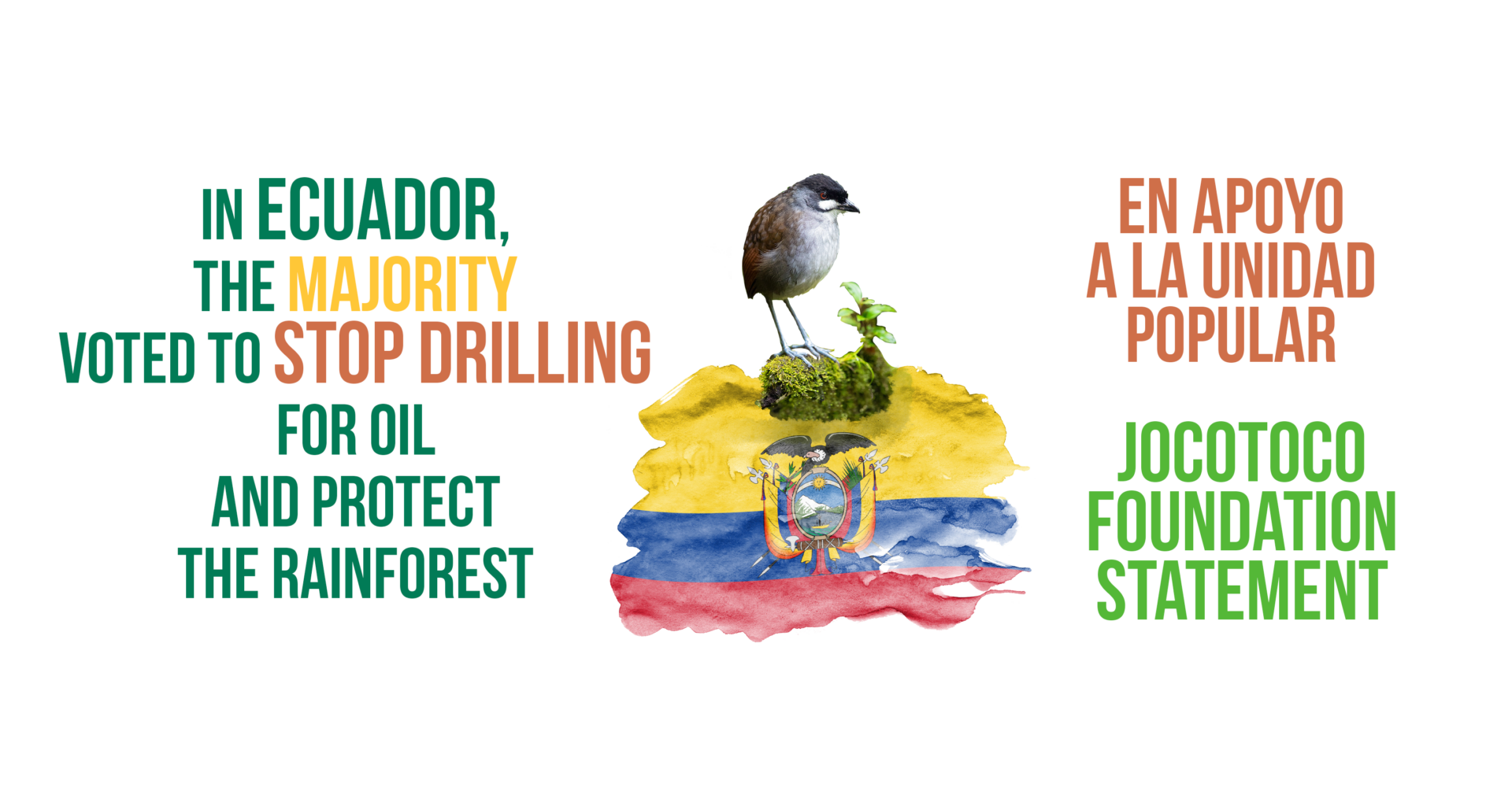
ORIGINAL STATEMENT [SPANISH]
Las consultas populares sobre el Yasuní y el Chocó Andino son las primeras promovidas por iniciativa popular en llegar a las urnas. Desde Fundación Jocotoco hacemos un llamado para hacer uso de este derecho como la mejor forma de participar y decidir sobre el hogar en el que queremos vivir.
Este 20 de agosto, Ecuador y la ciudad de Quito tienen la oportunidad de marcar un precedente importante, no solo ambiental, sino social y económico. La ciudadanía decidirá sobre el avance de actividades extractivas en el Yasuní y en el Chocó Andino, zonas vitales para el país.
Ambas consultas, la primera nacional y la segunda local, son un ejercicio de democracia que nos permite tomar decisiones que deberán ser respetadas por los próximos gobiernos.
El domingo tenemos la oportunidad de empezar a construir un modelo económico distinto, en el que la naturaleza asuma el rol protagónico que siempre ha debido tener. Pero, también, tenemos la responsabilidad de apoyar y escuchar la decisión de las personas que habitan y construyen estos territorios, a diario, y para quienes estos lugares son su hogar.
En el caso del Chocó Andino, es apoyar a las más de 20.000 personas y sus familias que, durante décadas, han construido economías asociadas a la naturaleza, principalmente agricultura y turismo, y para quienes el aceptar incursiones extractivas equivaldría a aniquilar permanentemente toda esta inversión.
En el caso del Yasuní, es evidenciar que este bloque aporta solo 5 centavos de cada 100 dólares del presupuesto nacional, sumado a que su producción ha bajado de 55 a 47 mil millones de barriles por día, en 3 meses. Es reconocer que la economía nacional dejará de depender del petróleo y tendrá que encontrar alternativas a este modelo, en menos de 10 años. Seguir con su explotación significa destruir el hogar de pueblos no contactados por una actividad poco rentable.
Desde Fundación Jocotoco hacemos un llamado para hacer uso de este derecho como la mejor forma de participar y decidir sobre el hogar en el que queremos vivir.
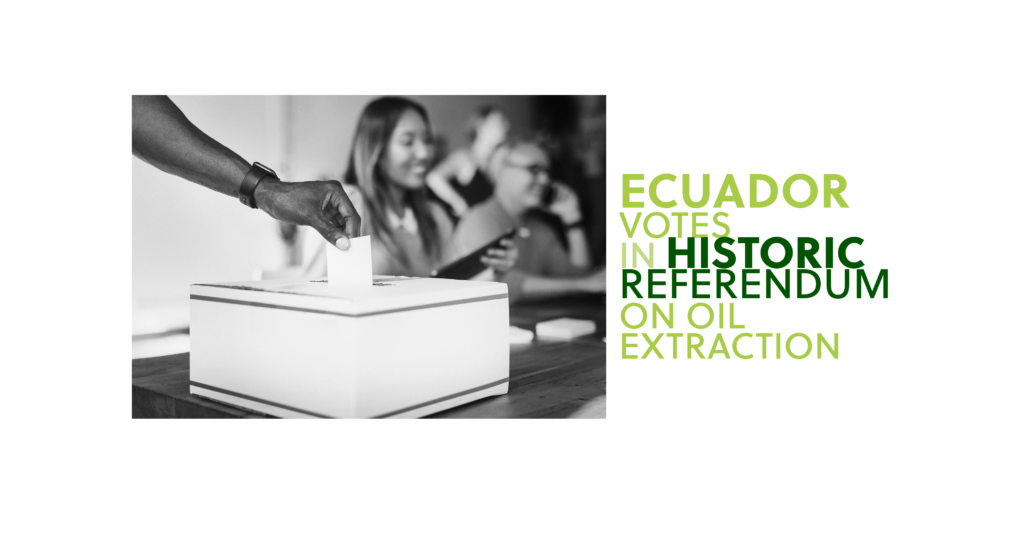
ENGLISH TRANSLATION
The popular consultations on Yasuní and Chocó Andino are the first promoted by popular initiative to reach the polls. From Fundación Jocotoco, we call to use this right as the best way to participate and decide on the home we want to live in.
This August 20, Ecuador and the city of Quito have the opportunity to set an important precedent, not only environmental but also social and economic. Citizens will decide on the progress of extractive activities in Yasuní and in Chocó Andino, vital areas for the country.
Both consultations, the first national and the second local are an exercise in democracy that allows us to make decisions that must be respected by the next governments.
On Sunday, we can start building a different economic model in which nature assumes the leading role it should always have. But we are also responsible for supporting and listening to the decisions of the people who inhabit and build these territories and for whom these places are their home.
In the case of the Andean Chocó, it means supporting the more than 20,000 people and their families who, for decades, have built economies associated with nature, mainly agriculture and tourism, and for whom accepting extractive incursions would mean permanently annihilating all this investment.
In the case of Yasuní, it is shown that this block contributes only 5 cents of every 100 dollars of the national budget, adding that its production has dropped from 55 to 47 billion barrels per day in 3 months. It is recognized that the national economy will stop depending on oil and will have to find alternatives to this model in less than 10 years. Continuing their exploitation means destroying the homes of uncontacted peoples for an unprofitable activity.
At Fundación Jocotoco, we call to use this right as the best way to participate and decide on the home we want to live in.
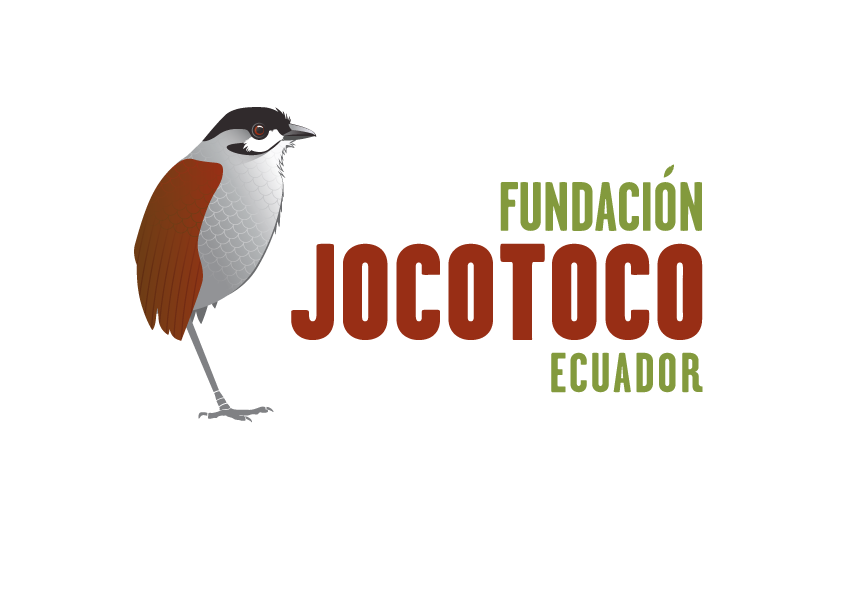
UPDATE:
The majority of people in Ecuador voted on the 20th of August 20th to end oil
production in the rainforest of Yasuní National Park.
The binding referendum took
place throughout the country, and it represents a considerable victory for Indigenous
people and environmental and human rights organizations in the South American
country.
The Yes vote to end oil production in Yasuní National Park won clearly, with 59%
of the vote, versus 41% for No.
More information can be found here
